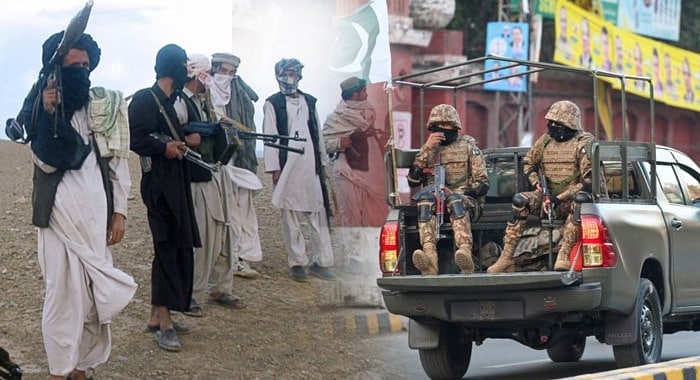In an unprecedented and decisive move, the Government of Pakistan has declared a permanent national policy to eliminate terrorism and extremism in all forms anchored in religious consensus, constitutional authority, and the collective will of the nation. The policy enshrines a unified national narrative, positioning peace, pluralism, and rule of law as the bedrock of Pakistan’s future.
The state’s new doctrine builds upon Paigham-e-Pakistan, the landmark 2018 consensus fatwa endorsed by over 1,800 religious scholars from every Islamic school of thought in the country. Recognized globally including by Al-Azhar University and the Imam of the Kaaba, Paigham-e-Pakistan now serves as the foundation for a non-negotiable national framework to dismantle extremist ideologies.
According to official sources, the national narrative categorically declares that no individual, organisation, or group can wage armed struggle including those mischaracterized as “jihad” against the State, its provinces, or institutions. Such acts, the policy affirms, are fasaad fil-ardh (mischief on Earth), strictly prohibited under Islamic law and punishable under Pakistan’s legal system. Declaring state officials as non-Muslims, issuing self-styled fatwas, or inciting rebellion are now deemed acts of terrorism and treason.
The policy delivers an unambiguous condemnation of suicide bombings, branding them as “heinous crimes” under both Sharia and national law. It further declares that those who orchestrate, facilitate, or indoctrinate youth into such operations will face divine and legal retribution. “Those who send young people to their deaths in the name of religion are destined for hell,” the document warns, citing Quranic injunctions.
Religious seminaries and educational institutions have been explicitly prohibited from promoting militancy, hate, or sectarian division. Legal action will be taken against any institution found violating this mandate. The policy also outlaws the misuse of loudspeakers, hate speech, and provocative religious debates (manaazra) that threaten public harmony.
Reaffirming Pakistan’s constitutional commitment to the protection of minorities, the policy guarantees religious freedom for all citizens, regardless of faith. It rejects both religious and secular extremism and strictly prohibits takfeer (excommunication of Muslims), sectarian violence, and vigilante justice including in cases involving blasphemy allegations. “No individual or group has the right to take the law into their own hands. Only courts may dispense justice, and only through due process,” the narrative affirms.
The government has also pledged a comprehensive response to extremism in both physical and digital spaces. Counter-terror operations will be intelligence-led, technologically equipped, and free of political or sectarian bias. Law enforcement agencies are to receive advanced training and tools for long-term security and de-radicalisation efforts. A crackdown on online hate content, cyber propaganda, and digital platforms inciting unrest is also underway.
Declaring the policy as “permanent, irrevocable, and above political compromise,” a senior government official said it represents a new social contract rooted in peace, unity, and progress. “This is the moment we draw a line between the politics of violence and the future of a tolerant, law-abiding, and forward-looking Pakistan.”
Echoing the timeless vision of Quaid-e-Azam Muhammad Ali Jinnah, the policy concludes with a call to “work, work and work,” asserting that labor, education, and civic responsibility are the tools with which extremism will be defeated and the nation rebuilt.
With this declaration, Pakistan has set in motion a historic realignment where religion is not weaponized, justice is not outsourced, and peace is no longer conditional.





